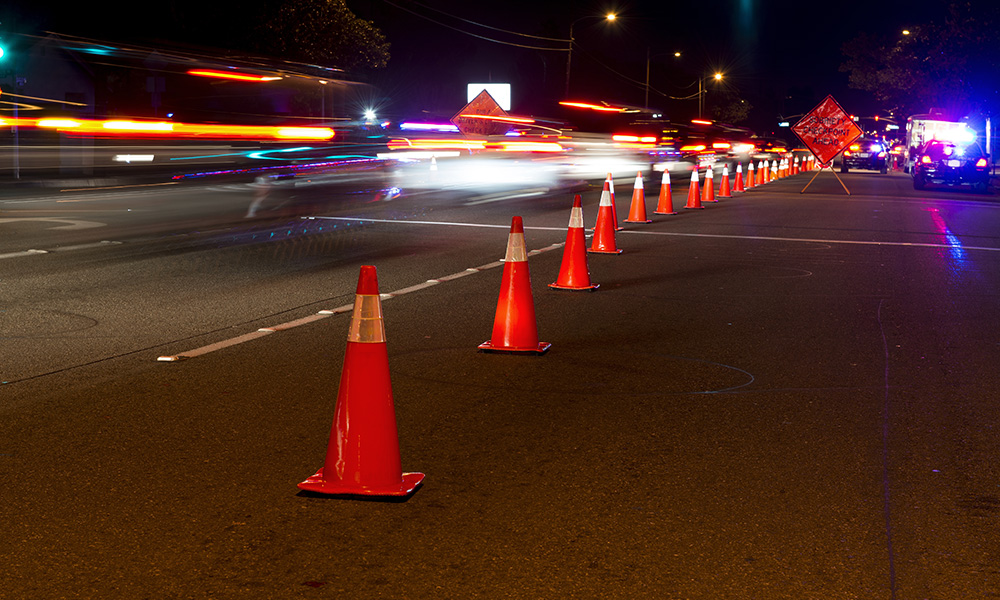If you are convicted of a crime in the state of New York, trial may be a part of the sentence. You will be asked to sign a “Conditions of Probation” document before you can be placed on probation, but you should always discuss any document or plea with your New York criminal defense lawyers before signing anything or accepting any plea agreement.
If you are sentenced to trial, you will have to adhere to the terms of the trial, which usually include finding and keeping a job, avoiding any criminal associates, reporting on a regular basis to a trial officer, and being subject to unwarranted searches and random drug tests. If you are placed on probation in New York, take it seriously, or you could end up serving time behind bars. Listed here are the answers to the most frequently asked questions about probation in the state of New York.
Q: What are my rights if I’m placed on probation in the state of New York?
A: Everyone placed on trial in the state of New York has the right to be treated with absolute dignity and complete respect. You have the right to be treated without any kind of bias, harassment, or discrimination. If you are on trial, and if you encounter any discrimination or disrespect, you should speak immediately with your probation officer or with the Supervising Probation Officer.
Q: What about my right to vote?
A: As long as you are not currently serving time in prison, and you are not on parole for a felony conviction, you have the right to vote in the state of New York, but you must register in the county and district where you reside. You may need to check your voter registration to make sure that you are registered and that your registration is current.
Q: How often do I have to report to my probation officer?
A: The frequency of your visits with your trial officer will depend on several factors. Your probation officer may need to see you once a week, once a month, or on some other schedule. You must report for your visits on the day and at the time assigned to you by your probation officer. If an emergency or an illness prevents you from making the visit, call your trial officer at once to explain and to arrange a new appointment.
Q: What if I fail to report to my probation officer?
A: If you fail to report, you may receive a letter ordering you to report, or your probation officer may call or visit your home. A failure to report may result in a violation of probation. If your trial officer believes that you have violated your trial, you will be ordered to appear at a violation of trial (VOP) hearing. When someone who is on probation in New York City or Long Island is ordered into court regarding a VOP, it is imperative to be accompanied by an experienced Long Island criminal defense lawyer.
Do not try to act as your own attorney. In some cases, a good defense attorney may be able to persuade the court that no violation of trial has occurred. If the court decides that you are guilty of a violation of probation, the court may continue your probation without any changes, or it may add additional terms to your probation, or it may order you to be taken into custody.
Q: What should I bring to my first appointment with my probation officer?
A: Bring the following documents to your first appointment with your trial officer:
- a photo ID (such as a driver’s license or state-issued ID)
- proof of employment (a pay stub or a note from your employer) if you are employed
- verification of your residence (a utility bill or some other business mail)
- proof of completed treatment, community service, or restitution
Q: Can I expect surprise visits from my probation officer?
A: Yes. Probation officers have the legal right to make unannounced visits to your residence and to your place of employment.
Q: Is employment a requirement of probation in New York?
A: The state of New York requires those who are serving trial to work or to attend school or a vocational program because work or school will improve the chance of your trial’s success. Exemptions are made available for those with physical disabilities that keep them from working and for those who are in residential treatment programs.
Q: Can I apply for an early discharge from probation?
A: Anyone who is on trial in New York may apply to the Court for an early discharge. If you meet certain requirements, the Department of Probation may request an early discharge on your behalf. Only the Court has the power to grant this request. You can discuss the matter in more detail with your probation officer.
Q: What if I have a family emergency and need to travel outside the state of New York?
A: In the event of a family emergency, persons who are on trial and who are in good standing may be approved to travel within the United States. You must seek prior approval for the trip if time permits, and you must provide complete details and verification regarding any travel out of state.
Q: What happens if I am arrested again while serving probation?
A: While you are on trial in New York, if you are arrested again for any reason, if you are charged with any offense, or if you come into contact with the police for any reason whatsoever, contact your probation officer as quickly as possible and explain in detail what has happened.
If you have been convicted of a felony or a misdemeanor in the state of New York, and if you are fortunate enough to receive trial instead of a jail sentence or a stiff fine, take full advantage of the opportunity you are being given. Adhere to the terms of your probation as spelled out by the court, and you will avoid the harsh penalties that you might have received instead of probation.
For more information, speak to a criminal defense lawyer today.















Comments are closed.